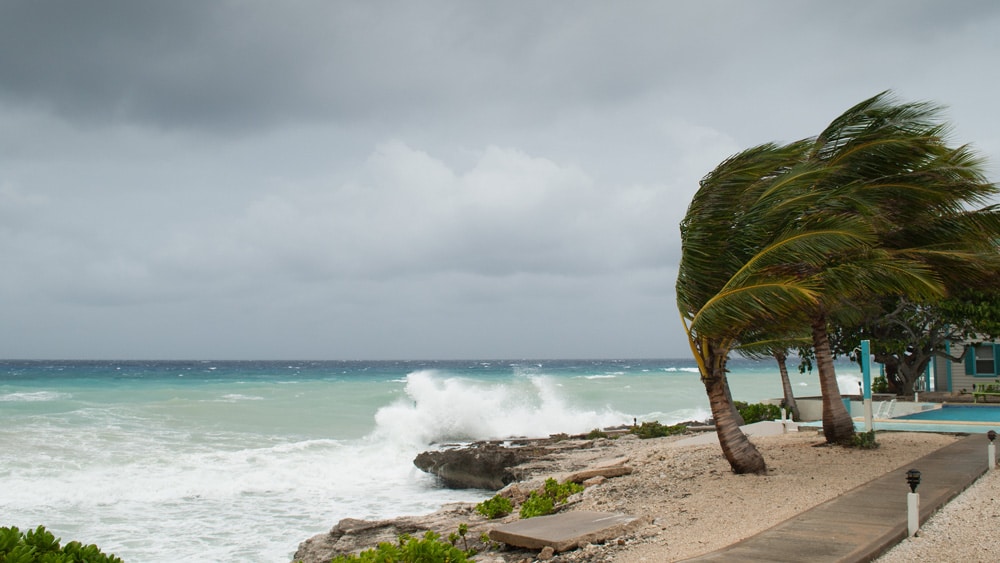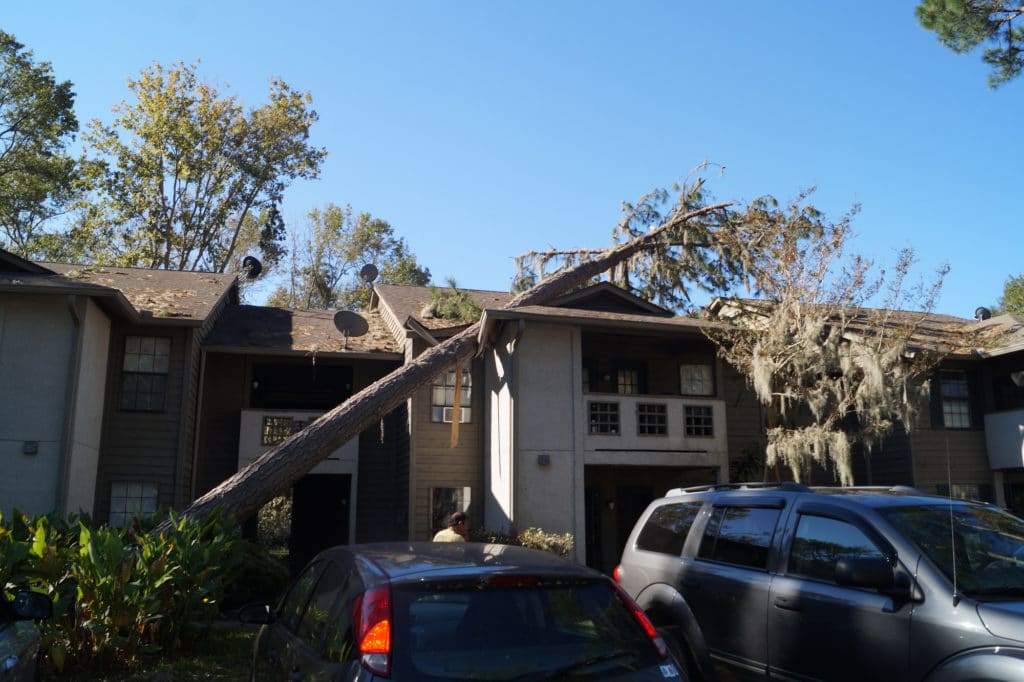Hurricane Preparedness
With Mike Mishima, Vice President of Claims
How to Prepare for a Hurricane
Tips for emergency preparedness:
- Most importantly, have a family evacuation plan in place in the event your family becomes separated and to keep them safe. This plan should include where to go in the event of an evacuation or emergency and a contact list of direct and extended family in case you need to get ahold of one another. Stay tuned to government updates on storm conditions and whether you need to evacuate at a moment’s notice. Above everything else, you and your loved ones’ safety should always be your number one priority!
- Make sure you have an adequate supply of bottled water, canned goods and other necessities in your emergency supply kit. This is especially if you have to evacuate your home and venture into a public shelter.
- Civil defense shelters will have reduced person capacity because of social distancing rules. If you end up in a public shelter, make sure you practice social distancing and be sure to wear your masks at all times. Check with friends and relatives to see if their home might be an option for you and your family, instead of going to a public shelter.
Need to file a claim?
By Phone: 24-hours claims hotline at 1-888-443-8742 – select “Option 2”
By Fax: (808) 951-1868
Via Email: claims@dtric.com
Online: www.dtric.com/claims
As a homeowner or renter, what preparations should you make ahead of time?
- Updating your home or renters’ insurance policy to ensure your home and personal belongings are adequately covered in the event of a hurricane. When a hurricane watch or warning is issued, most insurance companies will not allow you to update your insurance policy at that point, so do so ahead of time.
- With that, you should also prepare beforehand to document your personal items in the event they become lost or damaged during a storm. A detailed home inventory using photos and video (even by using your smartphone) is helpful should you need to apply for insurance claims and disaster aid.
- Having the right documents on hand can also speed the claims process and substantiate losses for income tax purposes. This includes important papers such as insurance policies; birth and marriage certificates; wills; deeds; financial information such as account numbers, recent tax returns, stocks, bonds and other negotiable certificates; driver’s licenses and other personal identification.
- Store your documents in waterproof sealable bags and/or scan the information on a computer or hard drive/iCloud in the event one set of records become lost or damaged.
Insurance Moratorium
Hurricane season starts on June 1 and runs through the end of November for the Central Pacific Region. Hawaii residents should make preparations ahead of time to avoid or minimize potential impacts.
Should a tropical storm or hurricane warning be issued for the State of Hawaii by the National Weather Service, a moratorium will immediately take effect. The moratorium includes the following:
- No new personal homeowners or personal auto insurance policies will be taken.
- No new commercial property or commercial auto insurance policies will be taken.
- No increases in values and limits will be allowed for existing in-force policies.
- No changes in deductibles or adding of physical damage (when there was no such coverage previously) will be allowed.
These guidelines will remain in effect until DTRIC issues a specific date and time for the lifting of the moratorium.
If You Need to File a Claim:
We at DTRIC want to make sure you are well-informed about our claims process. We hope you will not need to file a claim, but if you do, we want to make it as fast and easy as possible. Here’s how to begin the claims process:
By Phone: 24-hours claims hotline at 888-443-8742 – select “Option 2”
By Fax: (808) 951-1868
Via Email: claims@dtric.com
Online: www.dtric.com/claims
When you contact us to file a claim, please provide the following information:
- Name of insured
- Contact number, contact email
- Address
- Policy number
- Insured vehicle (for auto insurance claim)
- Date/time of loss
- Location of loss
- Description of loss
Tips for Homeowers
A hurricane’s high winds can cause damage to your home. You can’t prevent a hurricane from happening, but you can prepare yourself before one happens. Here are some tips for what to do before, during, and after a hurricane.
How to Prepare Your Home for Hurricane Season During the Coronavirus Pandemic
Hawaii’s hurricane season starts on June 1 and runs through the end of November. Local residents should be proactive and make storm preparations ahead of time to avoid or minimize potential losses.
In fact, this may be the opportune time to stock up on supplies and do some preventative maintenance around the home.

How to Prepare your Policy for Hurricane Season
Homeowner’s insurance coverage may not be enough to fully protect your home.
While separate from your regular home coverage, hurricane insurance may be required by your lender should you have a mortgage on your home. Additionally, flood insurance may be required if your home is in a low-lying region or designated flood zone.

Severe Weather and Hurricane Preparedness Tips
Planning is an essential part of hurricane preparedness. Learn more about what you can do now – from stocking your preparedness kit, creating an emergency family plan, and what you may expect from your insurance company after the storm passes.

Tips for Businesses
We want to encourage all businesses to be prepared for hurricane season which runs from June 1 through November 30.
Emergency Evacuation
When an emergency occurs, there is no time to organize as every second becomes valuable. Emergency evacuation planning can make a difference and save lives. This article will walk you through how to set up an emergency evacuation plan for your business.

Emergency Communication
Should I go to work or do I stay home after a disaster hits? Are we open for business? Am I an essential employee? These are typical questions employees often ask themselves when a disaster hits after operational hours and, impact operations. Emergency communication with staff before a disaster is often overlooked but can be addressed easily.

